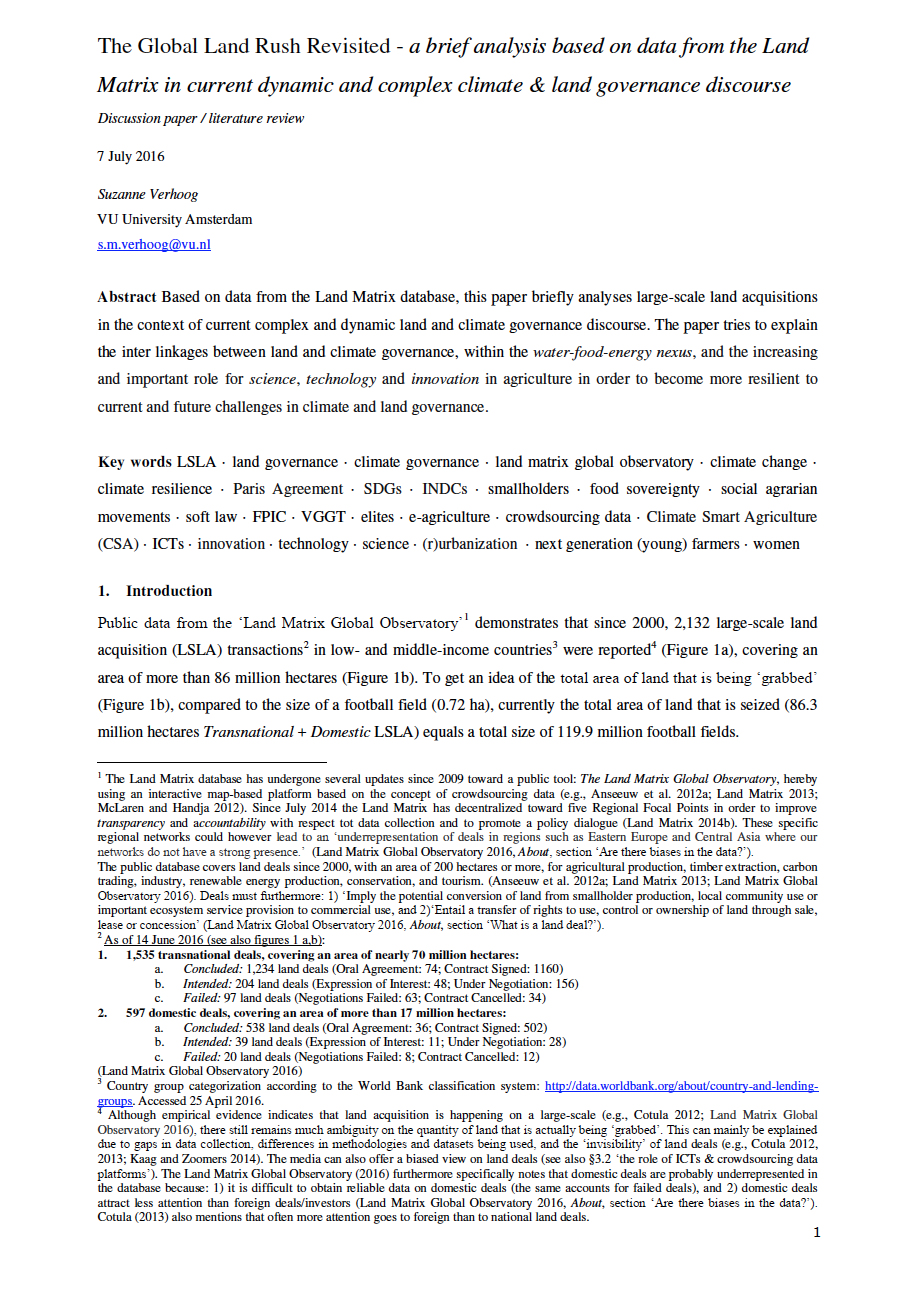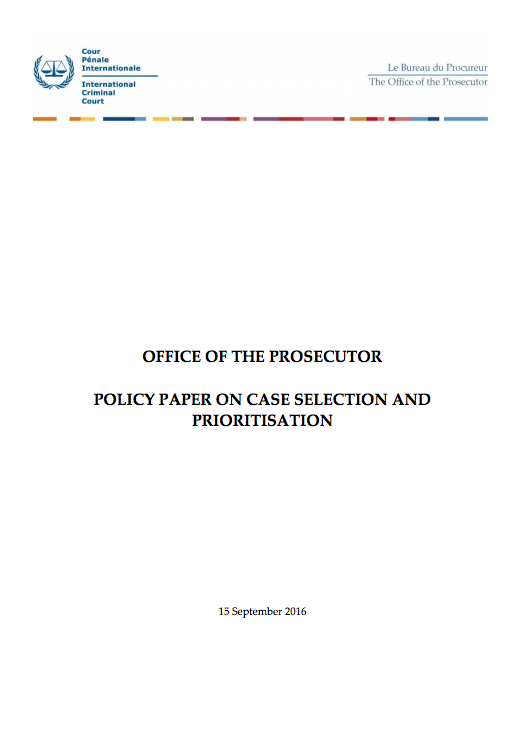Land tenure reforms, tenure security and food security in poor agrarian economies: Causal linkages and research gaps
This paper reviews the literature to identify the relationship between tenure security and food security. The literatures on tenure issues and food security issues are not well connected and the scientific evidence on the causal links between tenure security and food security is very limited. The paper explores the conceptual linkages between land tenure reforms, tenure security and food security and illustrates how these vary across diverse contexts.




